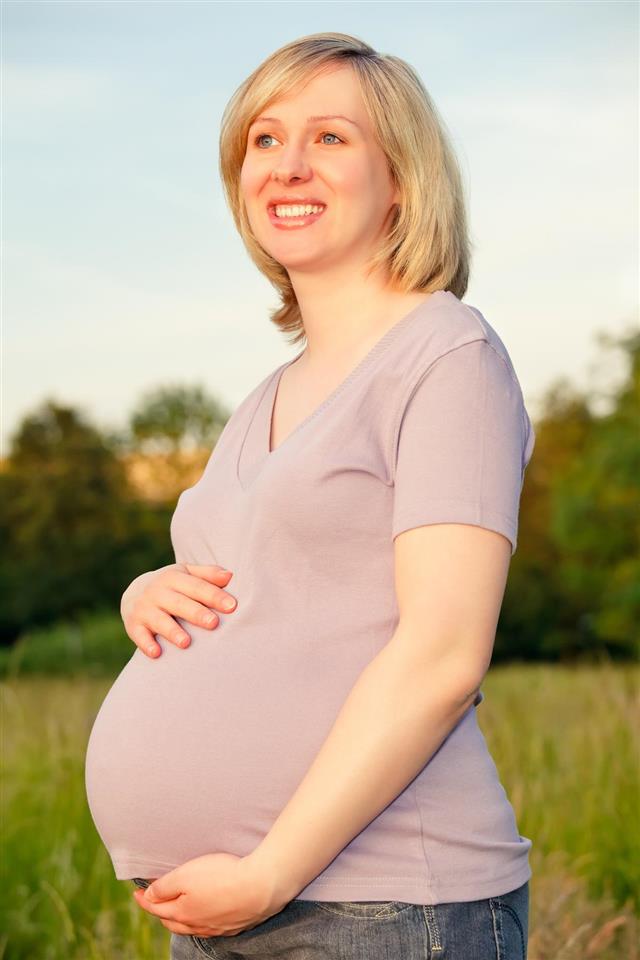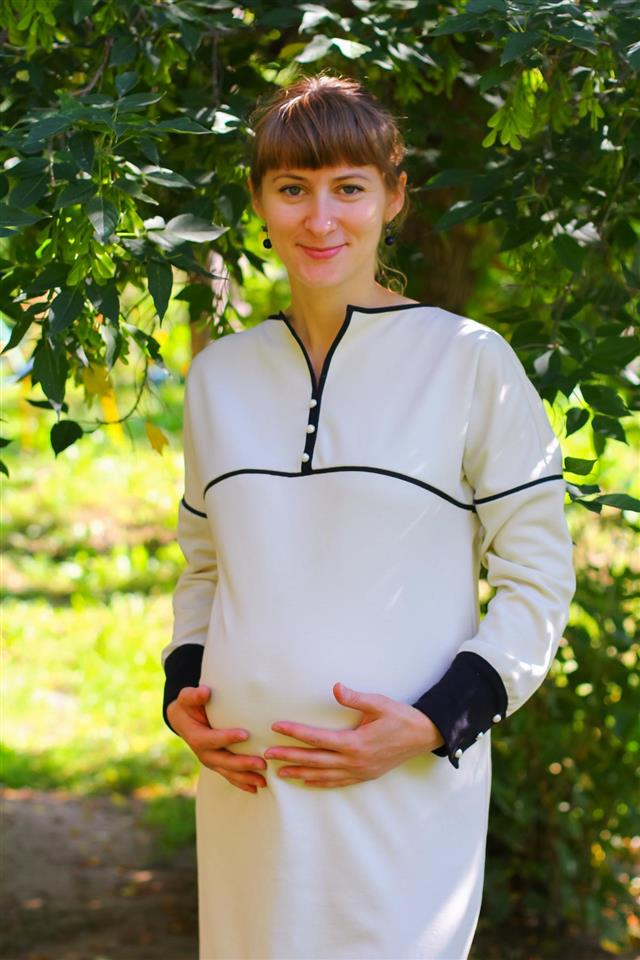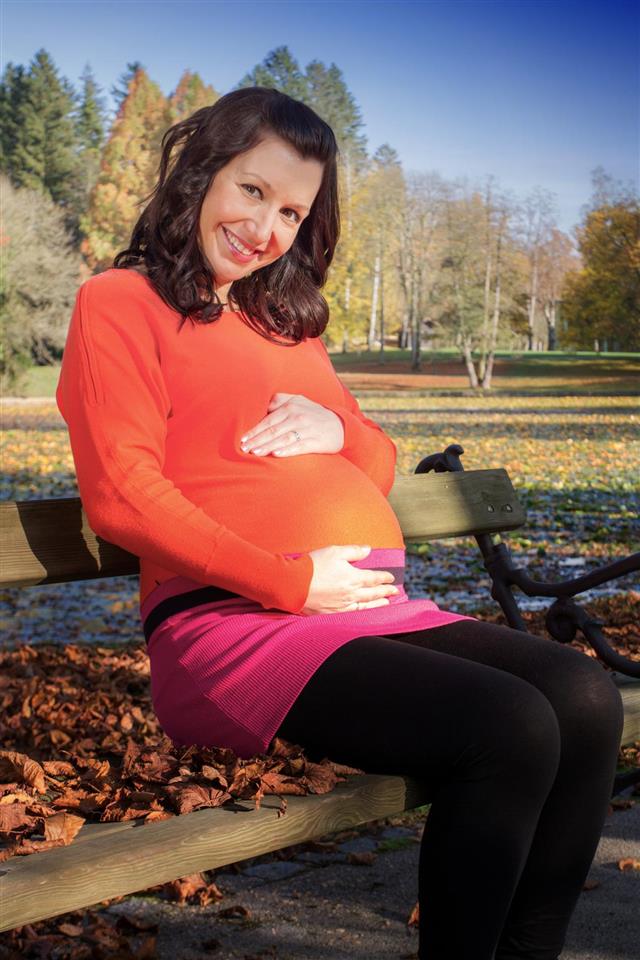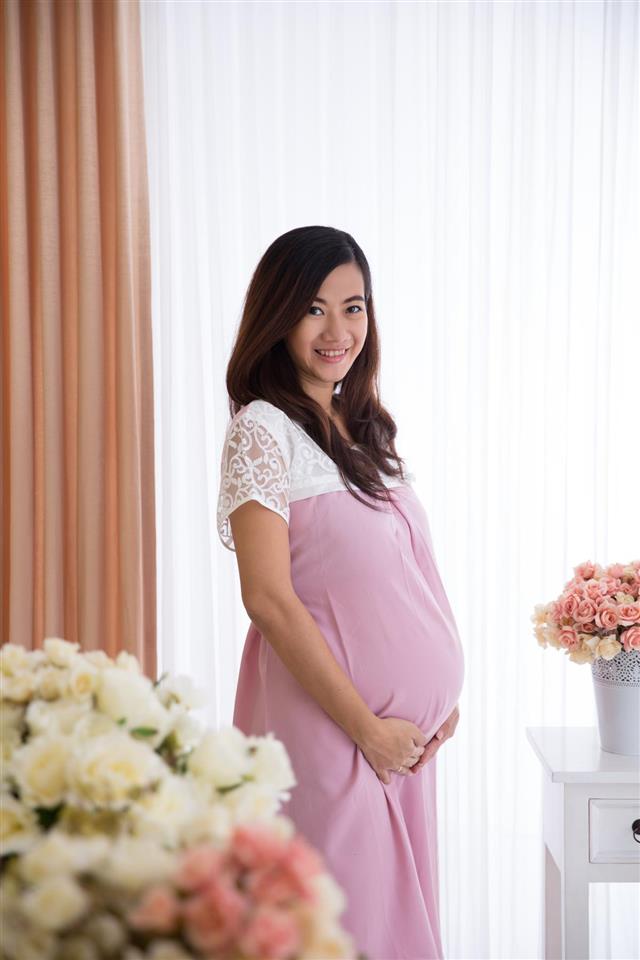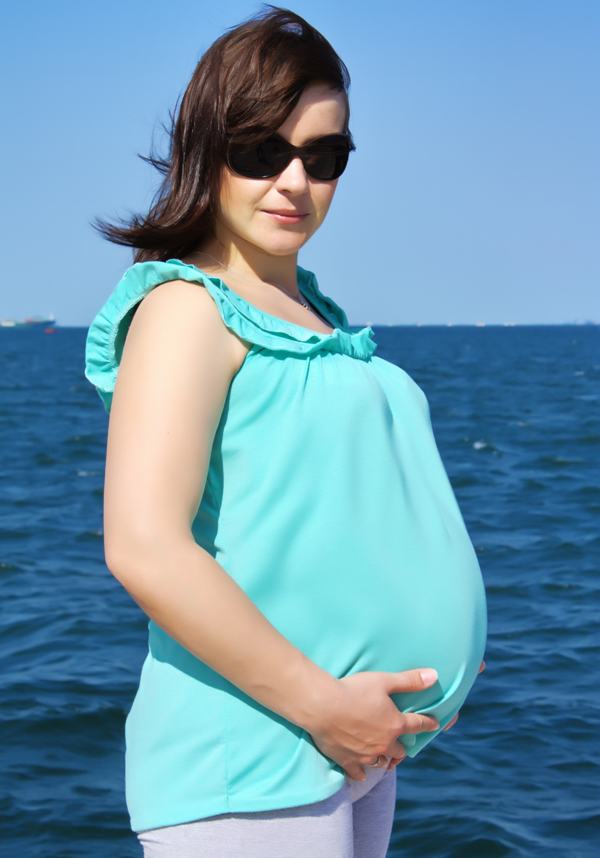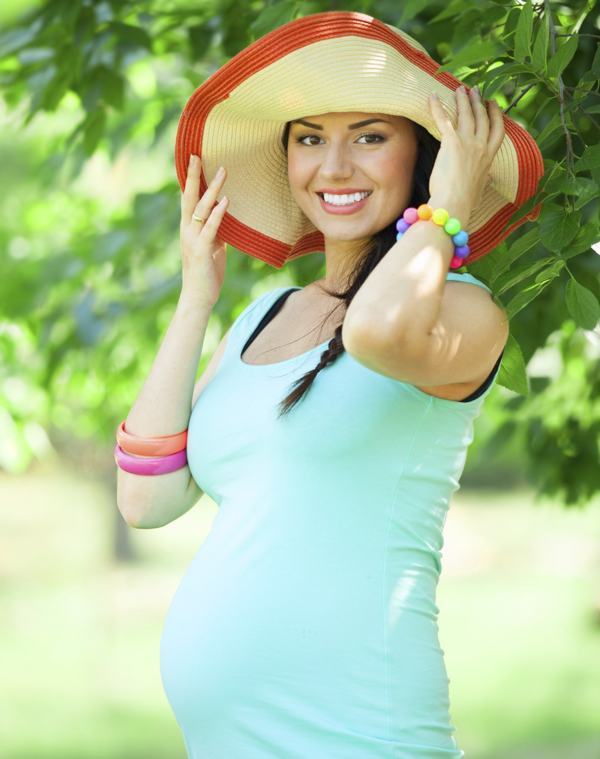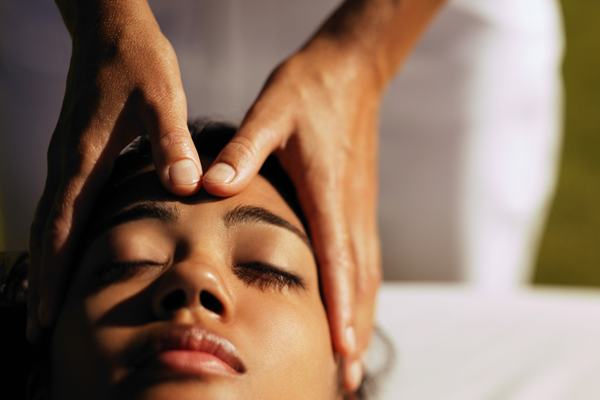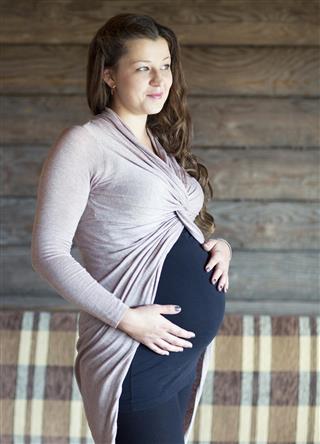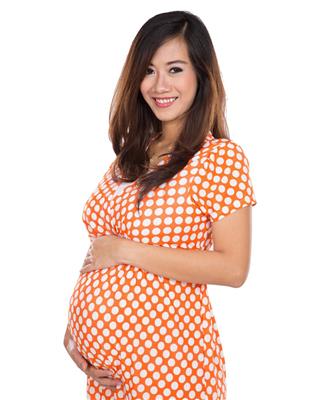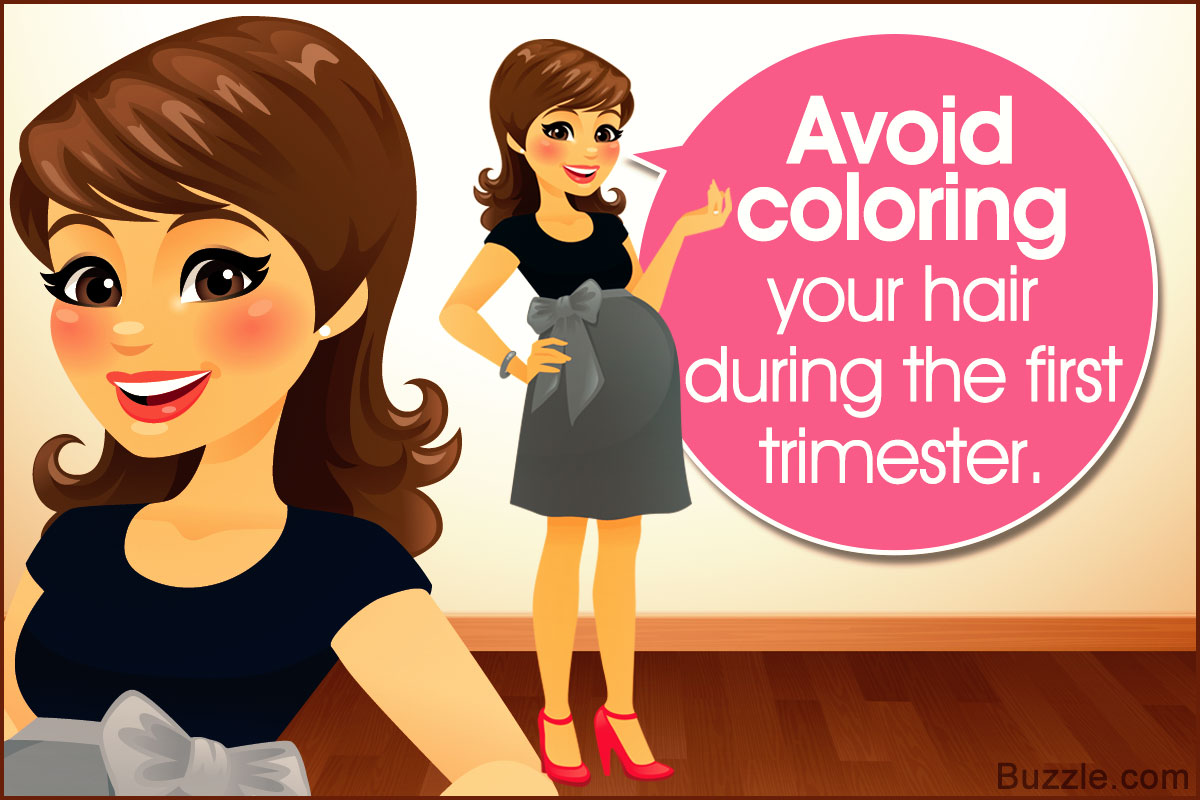
Strange things can happen to your hair during pregnancy. Some will notice their hair becoming thicker than usual, while others may observe a visible change in their hair texture.
“Telogen effluvium is the excessive shedding of hair that occurs one to five months following pregnancy.” – The American Pregnancy Association
How will the surge and fall of hormones experienced during pregnancy affect a woman’s hair, is something that can only be speculated.
Some women don’t notice much change in their hair, while others experience substantial hair growth or loss. While some notice that their hair has become much thicker, others find that their hair is becoming limp and greasy. Straight hair may curl up, and curly hair may decide to become rough, dry, and frizzy.
Apart from seeking the guidance of your doctor, you can take some simple measures to look after your hair during this period. This HerHaleness article discusses some helpful tips for hair care during pregnancy.
How to Take Care of Your Hair During Pregnancy
Go All Natural
Those who wish to carry on with their pre-pregnancy routine, must do so only after consulting their doctor beforehand. Most doctors advise against using hair dyes during pregnancy, and allow doing so only after the first trimester is complete. That means, abstaining from the lovely perms, straightening, or hair relaxing sessions until then. Since the texture of your hair has undergone change, there is no way of knowing what the end result of a simple hair highlight may be. Let your hairstylist know that you’re pregnant, and should not apply the color near the scalp. Secondly, the hair treatments must be done in a well-ventilated area, so that the fumes from the chemicals do not irritate your skin, eyes, or affect your breathing in any way.
Find a Suitable Hairstyle
Your hair will look and feel all different during this time, and your usual hairstyle may not look all that great under the present circumstances. You may even be considering to shorten the length of your hair, in order to make them easier to maintain. However, bear in mind that the present texture of your hair is not going to last forever and may undergo further changes. Therefore, choose a hairstyle that will look good even after your hair returns to normal.
Those who have been experiencing hair loss may opt for hairstyles that add more layers and volume to their hair.
Change with the Change
There will be times when your hair will feel dry and bushy, and times when no amount of washing will be able to reduce the greasiness of your hair. In such times, you will just need to work around the changes that are showing up in your hair. If your hair has become too greasy, you must not discontinue using essential hair oils; however, you will need to wash your hair more often than usual. You will also need to limit the use of conditioner and apply it only on the hair tips.
Whenever your hair gets too dry, try oiling your hair as often as required in order to prevent the hair from turning brittle and breaking. Massaging warm hair oil into the scalp and leaving it overnight will allow plenty of oil to seep into the scalp and nourish the roots. Also, do not forget to condition your hair after shampooing.
Nutrition is of Key Importance
There can be several reasons for experiencing hair loss during pregnancy, however, nutritional deficiencies can add up to cause thinning and falling of excess hair. During pregnancy, the body craves for more iron, folic acid, protein, iodine, and zinc, which may be running low if your diet has remained more or less the same as it was before pregnancy. Seek the advice of your doctor in order to find out if there is any deficiency and if you should be given more nutritional supplements. With better nutrition, the health of your hair shall improve as well.
Choose Hair Care Products Wisely
Like we already suggested, it would be your safest bet to avoid as many chemicals as possible. Read the labels carefully, and go in for hair care products that are meant for moms-to-be or contain natural ingredients. Your doctor may actually be the best person to consult on this matter, as she will prescribe a safe shampoo and conditioner that can be used during pregnancy.
Protect Your Hair
Pregnancy can make your hair and skin extremely sensitive to heat and dust. Therefore, you must ensure that you keep your scalp clean and avoid dryness and scalp infections, such as dandruff. Always cover you hair with a scarf or a hat before going outdoors.
Tying your hair in a simple ponytail or keeping a loose braid would prevent your hair from getting tangled and will hardly require much looking after. Do not blow dry your hair often, and if possible, avoid it altogether. Secondly, never comb your hair while it’s wet. Always use a wide-toothed comb and slowly remove the tangles.
Pamper Your Hair
There is no harm in indulging in a rejuvenating scalp massage every now and then. Gently massaging your scalp with your fingertips will stimulate the circulation of blood to the hair roots. It will also help relieve some of your stress in the process.
You could also practice this method while applying oil on your hair, thereby making it seem less tasking. Anyone experiencing severe hair loss, must not practice this method without seeking the advice of their doctor. The doctor may instead, prescribe an alternative and safe serum for reducing the amount of hair fall.
It is absolutely normal to experience heavy hair fall after giving birth. Since your hormones will gradually be returning to normal, it would cause several changes to your hair, its texture, and the rate at which it grows as well as falls. However, this hair cycle will also end eventually (3 – 6 months), and things will start looking up from there. You will notice your hair regrowing from the thinned-out areas, and the texture of your hair will be closer to how it was before pregnancy. The most important thing to keep in mind is to keep your stress levels in check, as that too can affect the health of your hair.
